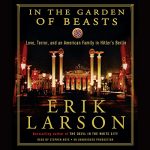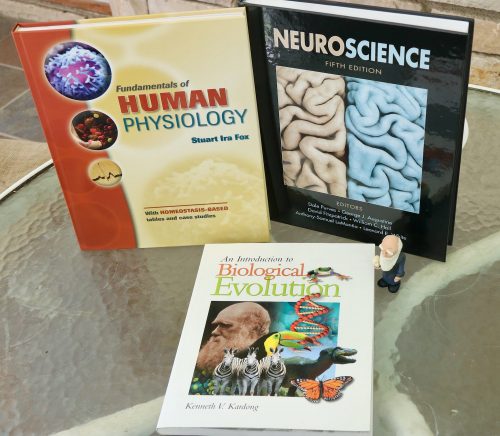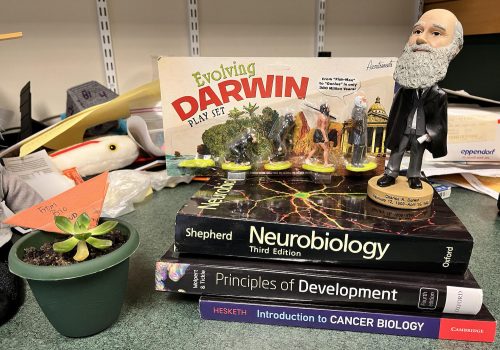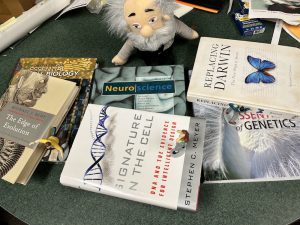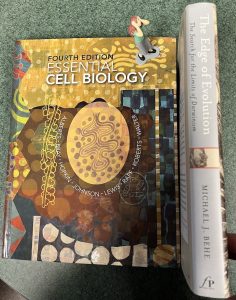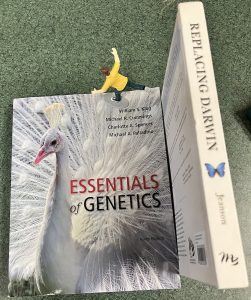This morning, I strolled down to the coffeeshop to relax and read a book by an author I’ve always enjoyed (it’s Spring Break, I get to do that!) I started on this book I’d checked out from the library, and it was…a novel about a multiverse.
I hate multiverse stories. All of them. I want you all to stop writing these lazy, incoherent, chaotic exercises in the dismissal of any logical causality.
It’s not that I have any say in the matter, you can go ahead and write whatever you want, but jesus, this crutch to remove any element of rational causality, to allow you to just magically allow anything to happen, leaves me cold. And annoyed. And disappointed. I don’t get that many mornings where I can just sit down with a book and a cup of coffee and unwind.
Look, I don’t expect rigid realism. I’ll read a book about a supernatural killer clown haunting the sewers, or about an interstellar diplomatic mission, and it’s fine. I can suspend disbelief, no problem, as long as I can see consequences playing out and conflicts resolved within the frame of the premises. When suddenly the author has carte blanche to rewind all events and schlep in a character from an “alternate universe” to turn the plot around and go off in crazy directions, I don’t care anymore.
It’s also that they never present the implications appropriately — it’s always about a small handful of people in a crisis, and they invoke A WHOLE COMPLETE VAST ALTERNATE UNIVERSE to save Uncle Billy from a couple of monsters. I hate it. Spare me. Try to find a small flyswatter in your plot to do what needs to be done, rather than relying on a cosmic intergalactic nuke to rescue your little corner of a story.
I’m not saying what book ruined my morning, because usually this author is reliably entertaining.





